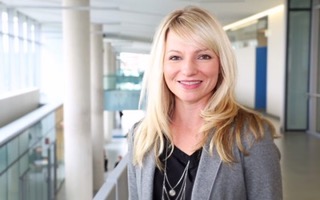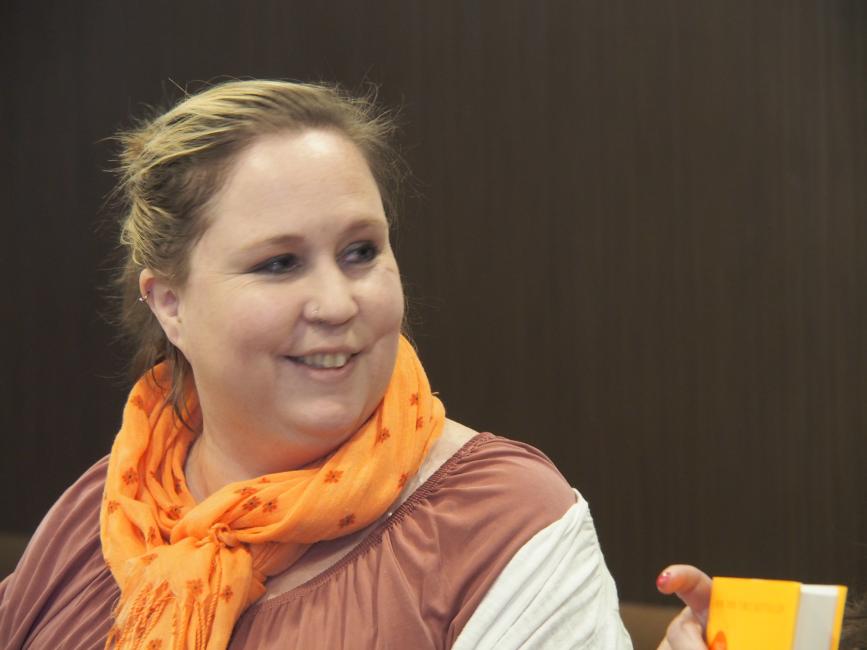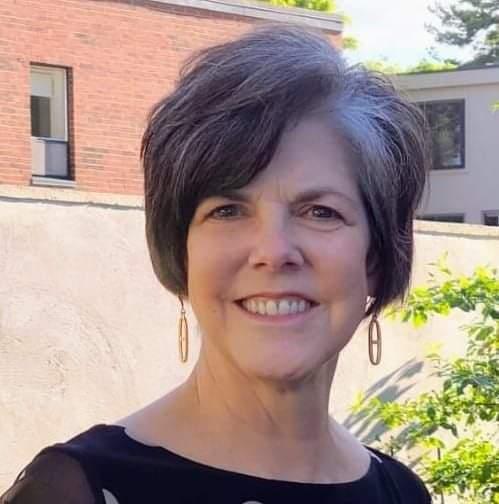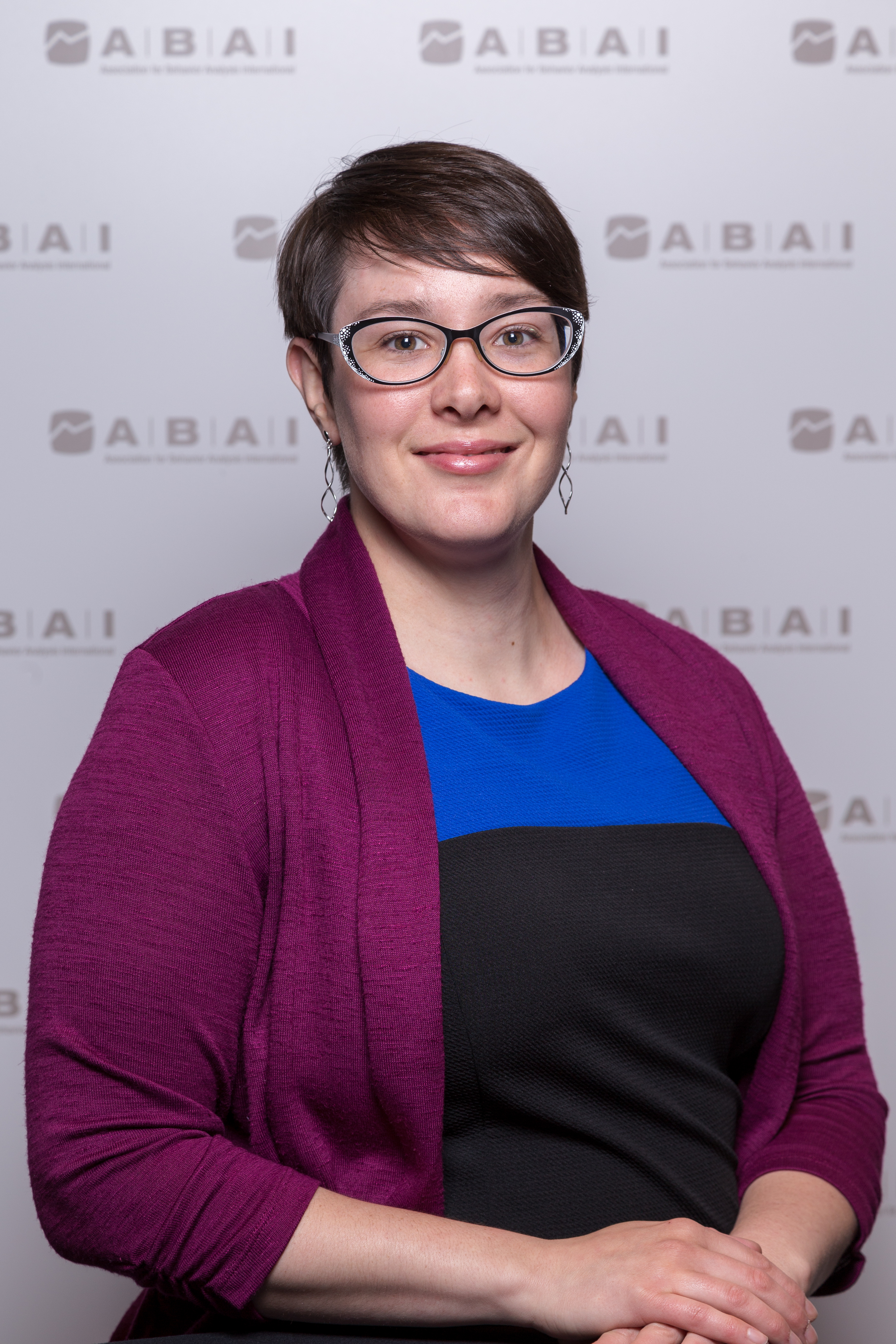Webinaire - PEERS® - La science de se faire des amis avec Elizabeth Laugeson
Le manque d’habiletés sociales est considéré comme un enjeu déterminant chez les jeunes qui vivent avec un trouble du spectre de l’autisme (TSA). Pourtant, il existe peu de programmes d’apprentissage des habiletés sociales basés sur des données probantes destinés aux adolescents et aux jeunes adultes autistes qui ne présentent pas de déficiences intellectuelles. En utilisant les techniques décrites dans son livre The Science of Making Friends: Helping Socially Challenged Teens and Young Adults, la psychologue Elizabeth Laugeson présente les grandes lignes du programme PEERS, un programme de développement des habiletés sociales qu’elle a élaboré en s’appuyant sur des données empiriques et qui s’adresse précisément aux enfants et aux jeunes adultes autistes.
Conférenciers : Liz Laugeson
Mme Elizabeth Laugeson, Ph.D., est psychologue clinicienne autorisée et professeure adjointe en clinique au Semel Institute for Neuroscience and Human Behavior, du département de psychiatrie et de sciences biocomportementales de l’Université de Californie à Los Angeles (UCLA). Elle est cofondatrice et directrice de la Clinique PEERS® de UCLA, un programme ambulatoire offert en milieu hospitalier qui propose, avec l’assistance des parents, des séances d’apprentissage des habiletés sociales aux enfants d’âge préscolaire, aux adolescents et des jeunes adultes ayant un trouble du spectre de l’autisme (TSA) ou d’autres déficiences sociales. Elle occupe également le poste de directrice de la formation au Tarjan Center for Excellence in Developmental Disabilities (UCEDD) de UCLA.
À titre de chercheure principale ou de collaboratrice, Mme Laugeson a participé à diverses études financées par les National Institutes of Health et les Centers for Disease Control and Prevention des États-Unis et portant sur l’apprentissage des habiletés sociales par les jeunes qui ont des troubles du développement, du préscolaire au début de l'âge adulte. Elle a également co-élaboré le programme PEERS®, un programme d’intervention sur les habiletés sociales fondé sur des données probantes qui s’adresse aux adolescents et aux jeunes adultes. Double lauréate du prix Ruth L.Kirschstein National Research Service des NIH entre 2004 et 2007, elle a également reçu le Semel Scholar Award for Junior Faculty Career Development en 2008 et le Distinguished Alumnus Award de l'Université Pepperdine en 2010. Mme Laugeson a présenté ses recherches dans des conférences internationales tenues un peu partout le monde, notamment aux États-Unis, au Canada, en Angleterre, en Italie, en Australie et en Finlande. En outre, divers médias nationaux et internationaux ont mis de l’avant ses travaux avant-gardistes, notamment le magazine People, USA Today, le L.A. Times, le New York Times, le Washington Post, CBS, NBC et Channel 4 au Royaume-Uni.















